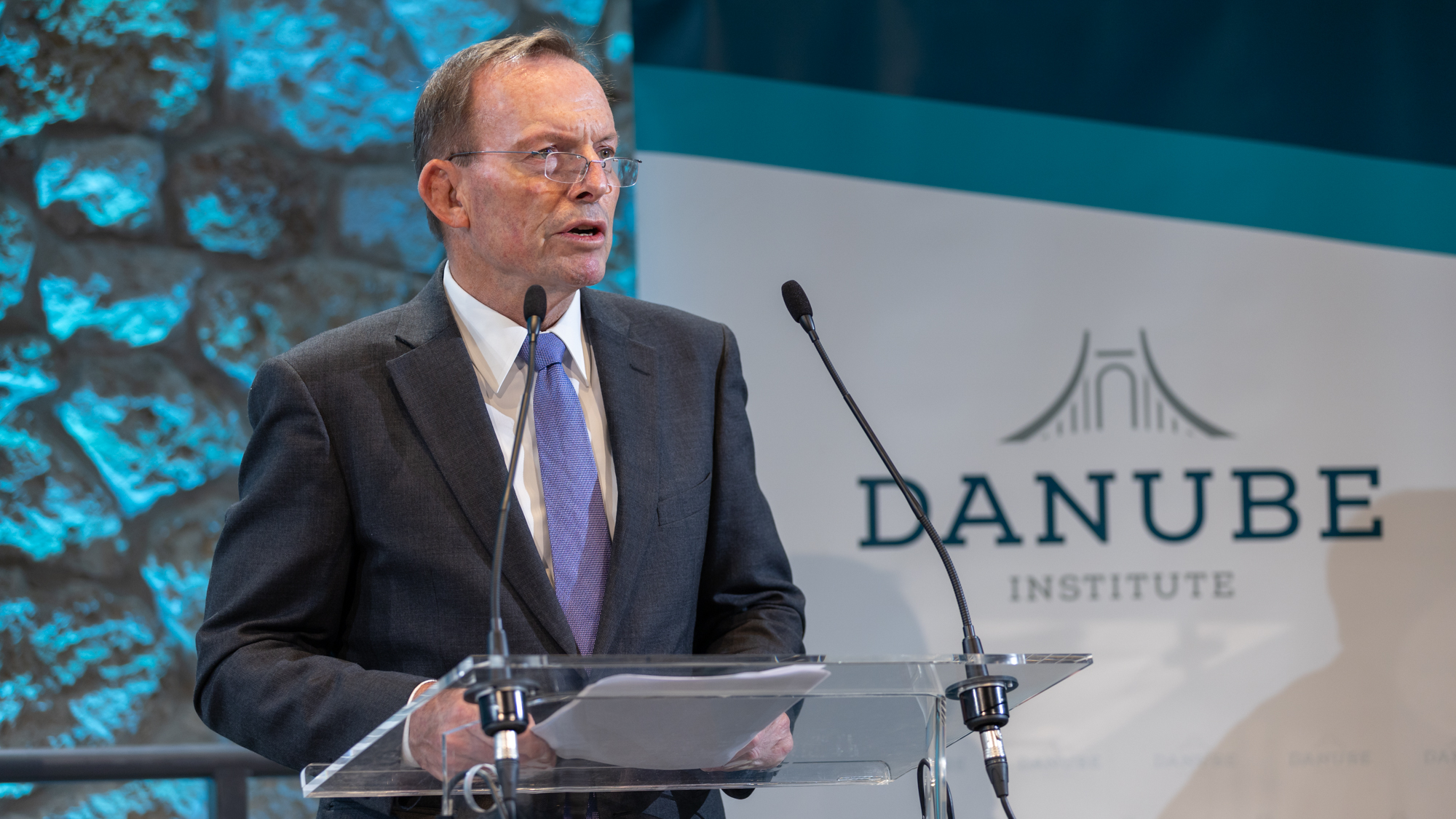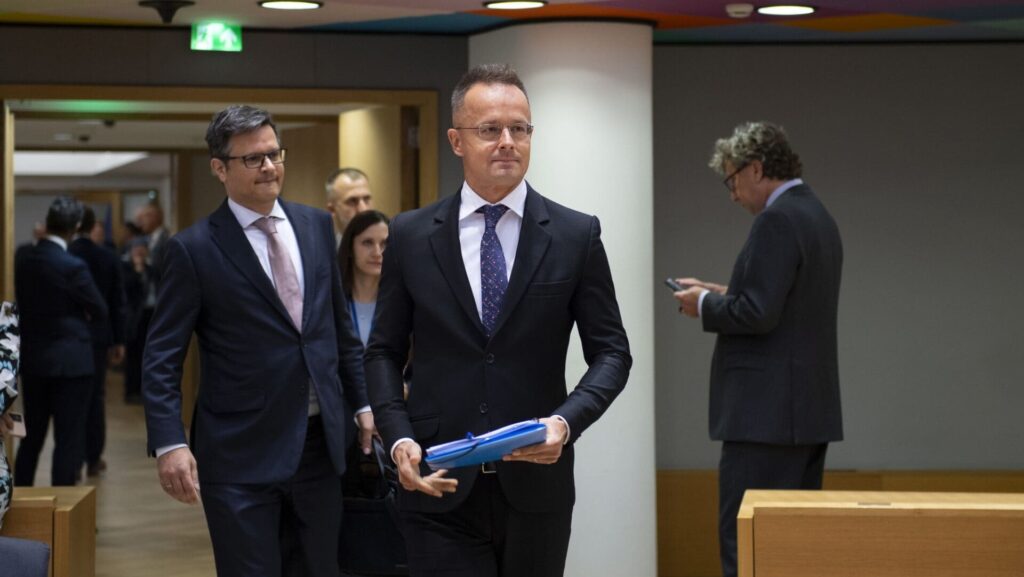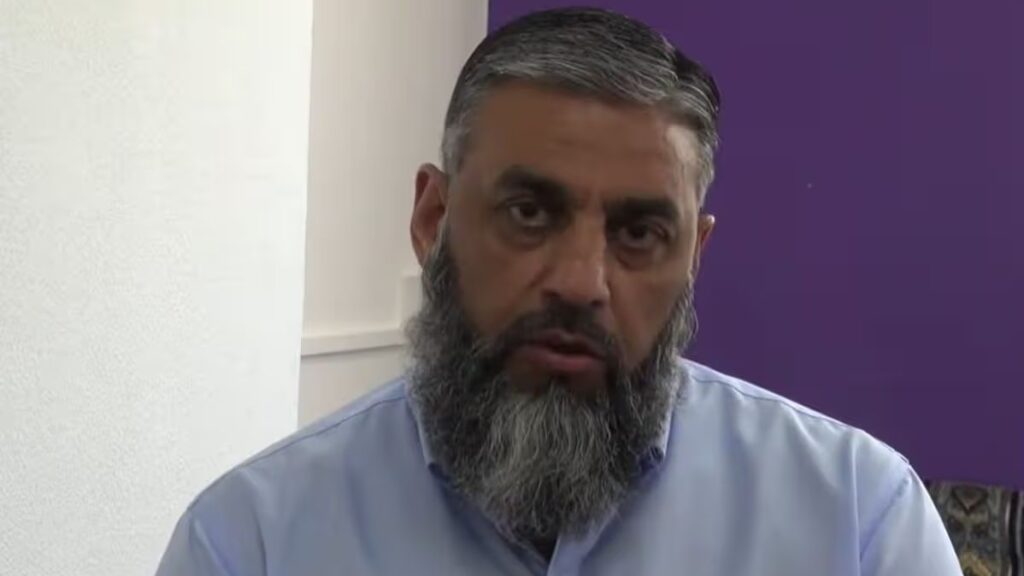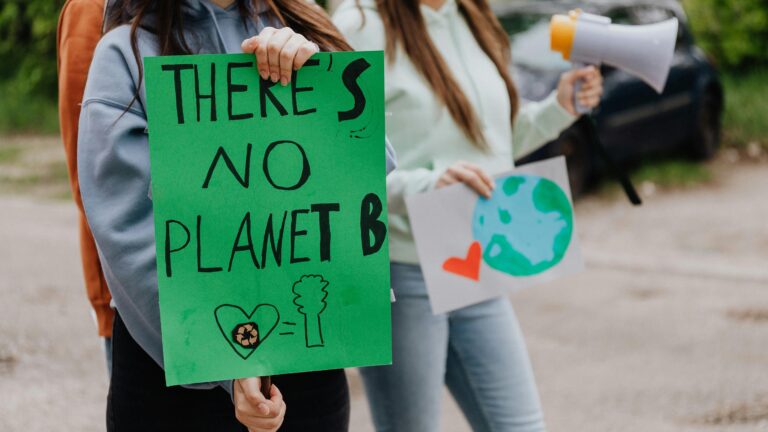Just prior to my first trip to Washington as PM in 2014, President Obama had declared at West Point that America could not be the world’s policeman on its own. Believing that the world needed a policeman, to deter and defeat aggressors, and that America was the only country with the strength and the benevolence for that role, I said—in a far less reported response—that America need never be alone, because Australia would be there; and that while Australia might not be America’s strongest and most important ally, we would strive to be its most dependable one.
In consequence, Australia became the second largest contributor to the successful American-led defeat of the Islamic State. At the time, I thought it was another victory for decency over barbarism, but now I wonder whether the coalition of the willing assembled for that campaign was America’s last gasp as leader of the free world.
What distinguished Western Civilisation from all its rivals and predecessors (and that I was once sure would grant it a permanence and a precedence that all others had lacked) was its capacity to adapt and evolve. It was endlessly curious, never finally satisfied, always on the lookout for something that was clearly better.
But that search for something more is now directed against itself, in a collective version of the crippling self-doubt-verging-on-a-death-wish that drives individuals to suicide. With a few exceptions like Israel, whether it’s trust in government, the ability to get things done, or even simple self-belief, Western countries, the Anglosphere especially, simply don’t seem to work as well as they did, and certainly aren’t as dominant as they were.
History teaches that civilisations pass and empires fall. As humans, we assume that what’s here today will last indefinitely; yet as students, we know that change is constant and not always for the better. Are we at one of those moments, when the great tectonic plates are shifting, as when the mantle of leadership shifts from one country to another, or when the Roman era gave way to the dark ages, and what might our duty be to preserve what’s best through the coming storm?
‘Change is constant and not always for the better’
It was one of Hemingway’s characters who, when asked how he went bankrupt, replied: ‘First gradually, and then suddenly.’ It was the late Pope Francis who said that this was not so much an era of change as a change of era. For decades, agitators have demanded an end to American imperialism. Almost certainly their wish is being fulfilled; yet it’s highly likely that they’ll miss it once it’s gone. After all, a world in America’s image is more likely to favour minority rights, justice according to law, and a strong social safety net than any alternative system.
To be blunt, modernity owes little to the entrepreneurship of Islam, the science of Africa, or the yearning for freedom of China. The modern world has been shaped by the genius of the English-speaking peoples, which the rest of the world has mostly observed, liked, and sought to master: the mother of parliaments, the Industrial Revolution, the emancipation of minorities, almost all the world’s major sports, and its common language. Thanks to the long Anglo-American ascendancy and the Pax Americana, until quite recently, the world was freer, fairer, safer, and more prosperous for more people than at any other time in history.
There’s this key difference between these times and the 1930s that they’re said to resemble. The challenge from dictatorships is scarcely less pressing, whether it’s militarist Russia, Islamist Iran, or communist China, each in its own way wanting to bend its neighbours and beyond to a more brutal version of how to live. One difference now is the dilatory pace of Western rearmament that’s more talk than action. But the key current difference is that the countries that could be expected to stand for national freedom and individual justice, to cherish the best that’s been thought and said; to harken to the still small voice of conscience and duty, now seem plunged into a collective neurosis: economically stagnant, socially fragmented, militarily weak, and above all, morally confused. It looks like a civilisation being sapped from the inside before it’s toppled from without. Unlike the 1930s, our challenge is less the external threat than the civil war within.
‘Our challenge is less the external threat than the civil war within’
At least in the West, especially in the Anglosphere, we have never been more materially rich, yet rarely more spiritually bereft; never had more information at our fingertips, yet rarely been as ignorant of what really matters. It’s this spiritual malaise that’s so crippling; a lack of self-belief, with the addiction to social media, the decline of the family, the drug epidemic, and the empty churches are mere symptoms.
Globalisation is a factor in the decline of the West. At one level, it’s been good for the world because freer trade has made everyone richer, and more equal—indeed, that’s actually Donald Trump’s complaint, that globalisation means China has got richer faster than America. In 1990, the GDP per person of China was less than 2 per cent of America’s; now it’s 16 per cent. In 1990, the combined GDP of the US and the UK was seven times that of Russia and China. Strategic balances could hardly fail to change when the economies of the two main Western powers, today, are just 50 per cent larger than those of their two key rivals. Yet there was an idealism behind President Clinton’s admission of China into the WTO, the hope—vain, it turned out—that economic convergence would lead to intellectual convergence too, on the West’s terms.
There are two key obstacles to restoring the West’s economic dynamism: the electorate’s sense of entitlement and its green preoccupations. It’s hard to reduce the size of government if no current spending can be cut, or to increase the size of the economy if wealth-creating industries are being closed down. In Australia, Britain and America, the ratio of retirees to workers has fallen from roughly one to four in 2000, to one to three now, and will be close to one to two by mid-century. The fastest-growing part of the Australian budget, other than debt interest, is a gold-plated scheme to help people with disabilities. Even then, my government’s 2014 moves to raise the age of pension eligibility to 70, charge a modest co-payment for otherwise free GP visits, and insist that school leavers learn-or-earn, not go straight onto welfare were regarded as political crimes.
And now Europe is the future for nearly every Western country: with 10 per cent of the world’s population, 30 per cent of its economy and 58 per cent of its social spending. If demography is destiny, it’s little wonder the West is hosting floods of newcomers from what used to be called the third world to staff the ‘care economy’ required by societies that can’t reproduce themselves.
Climate catastrophism has moralised and turbocharged this economic self-harm. In the 30 years to 2020, Australia’s gas production increased sevenfold, but thanks to environmental lawfare, no major gas field has come into production since 2018. The last major coal mine to open in Australia faced ten years of sustained lawfare that only ended after it became a key election issue. Perhaps half of the UK’s North Sea oil and gas will remain undeveloped because of climate fears, as will the large onshore gas reserves that require fracking. Meanwhile, the UK has energy prices roughly three times those of the United States.
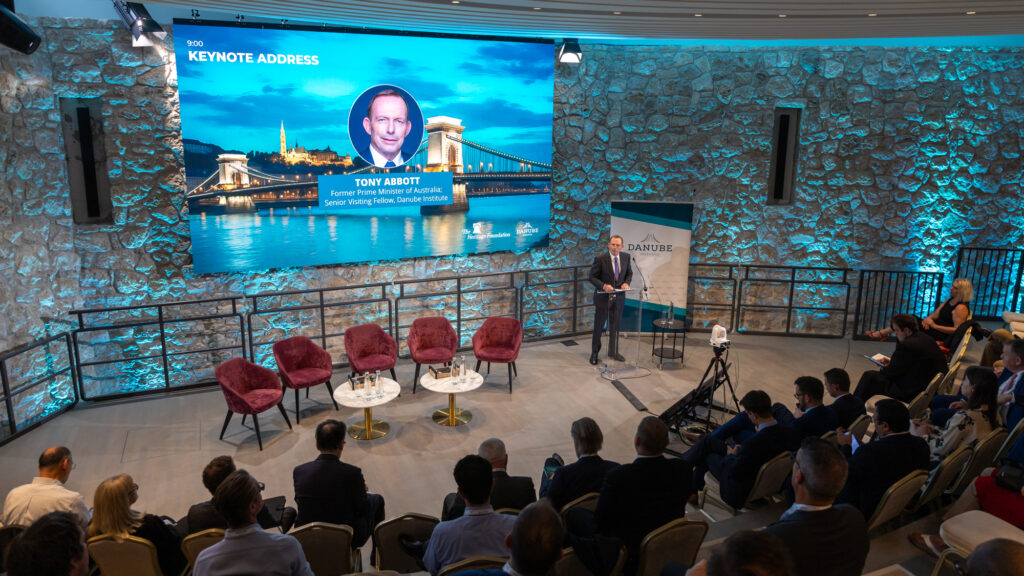
In a democracy, it’s not surprising that domestic concerns would flow into foreign policy, but increasingly it’s the politics of immigration that’s driving the positions of national governments. Australia’s China policy and its Middle East policy seem driven less by considerations of national interests and values than by the political calculus of a handful of ethnic seats. For a growing Muslim diaspora, in many Western countries, politics seems more driven by events in the Middle East than in their neighbourhood—in turn fuelling an illiberal backlash at odds with Western ideals. Immigration is undoubtedly a boon to the societies that welcome newcomers, but only if they are adding to their new country’s capability and are keen to integrate and then assimilate.
But why assimilate into the English-speaking heart of a West that’s lost faith in itself? Young Americans are taught that slavery is their original sin, even though a bloody war was fought to eliminate it. Young Britons are told that Britain was a slave empire, even though it was the Royal Navy that eliminated the trans-Atlantic slave trade. And young Australians are taught that modern Australia was founded on the near genocide of the original inhabitants. Is it any wonder that the countries that did the most to win two world wars are no longer sure they’re worth fighting for?
Anyone who stands for the West is labelled divisive, bigoted, even racist—and, in the case of Charlie Kirk, shot, for being some kind of far-right nut job; even though all he wanted was to conduct arguments with words, not weapons and to revive Christian faith and American patriotism. The most abhorrent aspect of his assassination was the online pile-on of gloating and victim-blaming in a country that had always prided itself on free speech, yet where some 63 per cent of students reportedly think that it’s okay to shout down a speaker and 27 per cent to use violence.
The sad truth is that most liberal democracies have had it so good for so long that we’ve forgotten that almost nothing worthwhile comes without effort, that freedom has to be defended, and that often enough the alternative to fighting is surrender. Something that Israel has always known; that the Ukrainians have more recently discovered; that the Taiwanese might belatedly be waking up to; that Charlie Kirk was trying to impart to his gullible and misled peers; and that every democracy needs to remember, now that America has decided that it’s not the ‘indispensable nation’ after all.
There’s no doubt that Donald Trump’s America still wants to impact global events, but it’s no longer so clear to what end. Much of America’s current diplomacy seems directed to securing trade deals with its strategic competitors; to persuading Ukraine that further resistance to Russia is futile; and to dissuading Israel from further action against the apocalyptic Islamists sworn to its destruction. While there’s much to support in the President’s domestic agenda and a strong case for a tariff-driven economic decoupling from China, the administration’s shamelessness in deal-making that benefits the First Family risks trashing America’s brand.
The President’s mockery of Canada’s former PM as ‘governor’ Trudeau and imposition of tariffs contrary to the North American trade deal that Trump Mark 1 had renegotiated and called the ‘best deal ever’ had no geo-political consequence other than the re-election of a green-left Canadian government. Not necessarily so, the punitive tariffs on India, that’s put at risk two decades of strategic cultivation of the democratic counterweight to China, and prejudiced the Quad. Especially as China, that’s taken far more Russian oil and gas, has faced no such sanction.
It was de Tocqueville who was supposed to have said that ‘America is great because America is good and if America ever ceases to be good America will also cease to be great.’ It was JFK who said that America would ‘pay any price, bear any burden, meet any hardship, support any friend, oppose any foe, to assure the survival and success of liberty.’ Australia never hesitated to join America’s wars, even Vietnam, despite the tactical blunders and despite their sub-par outcomes, because they were wars of moral purpose—and besides, like the other Five Eyes, America was ‘family’.
Even if other countries have been free-riding on America’s strength and goodwill, that doesn’t mean it’s in America’s interests to take no risks on their behalf. I get the MAGA movement’s sense of grievance, but not the absence of civilisational purpose. Even if the survival of an independent Ukraine is not itself a core US interest, what could be more vital than preventing global anarchy by making sure that aggression does not pay.
The world’s liberal democracies have looked to America for leadership for so long that they’ve forgotten how to provide it themselves. There has to be more self-reliance and less self-delusion at a national and individual level. Contemplating the strategic peril and internal disarray of these times should bring to mind Churchill’s words after the abandonment of Czechoslovakia at Munich: this is but the first foretaste of a bitter cup that will be proffered to us year by year until by a supreme recovery of our moral health and martial vigour, we take our stand for freedom as in the olden time.
Moral health and martial vigour; these days, two largely forgotten concepts. I’m sure that the more we have the former, the less we’ll need the latter.
Related articles:

